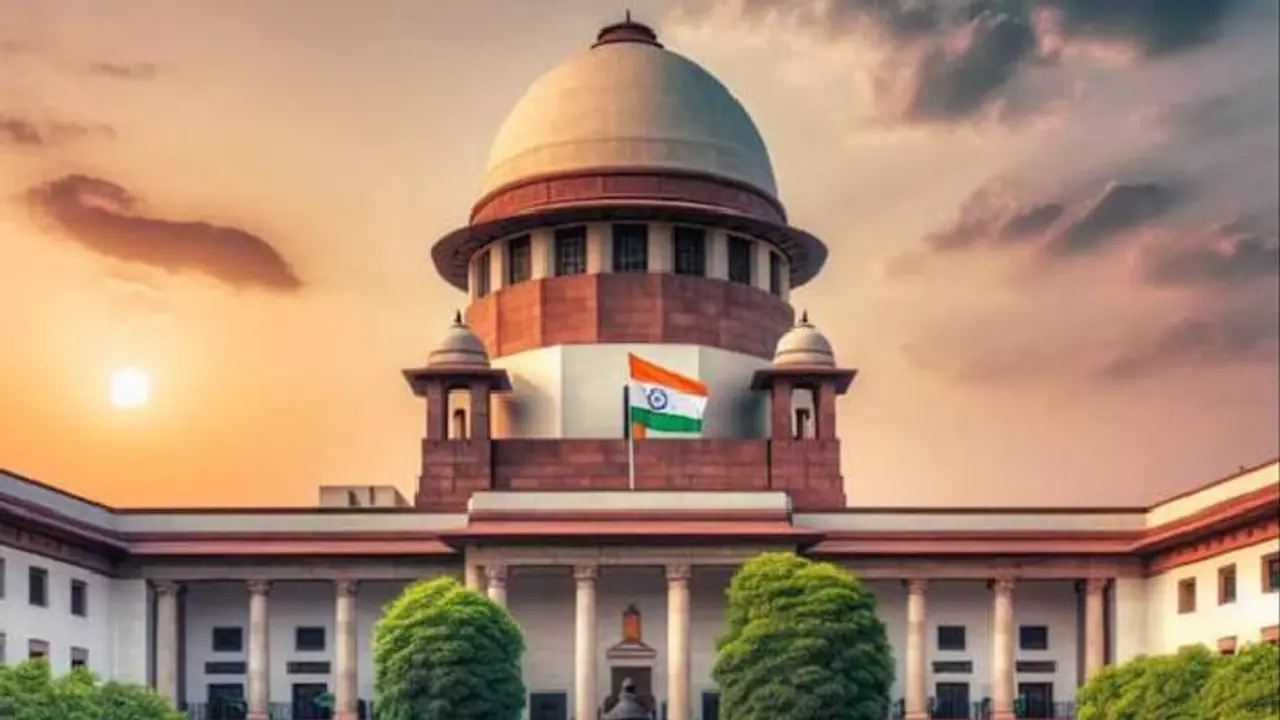The seven-judge bench, led by Chief Justice DY Chandrachud, held that members of parliament and legislative assemblies cannot claim immunity under Articles 105(2) and 194(2) of the Constitution for receiving bribes related to their legislative duties
In a landmark ruling on Monday (March 4), the Supreme Court reversed the 1998 PV Narasimha Rao judgment, which granted immunity to members of parliament and legislative assemblies from prosecution for receiving bribes related to their legislative duties. The latest verdict, issued by a seven-judge bench led by Chief Justice of India DY Chandrachud, and including Justices AS Bopanna, MM Sundresh, PS Narasimha, JB Pardiwala, Sanjay Kumar, and Manoj Misra, marks a significant departure from the earlier interpretation of constitutional provisions.

The 1998 judgment, rendered by a five-judge bench in a split 3:2 decision, had extended immunity to legislators under Articles 105(2) and 194(2) of the Constitution, provided the bribe was connected to their parliamentary duties and obligations. However, this verdict was challenged in an appeal by Jharkhand Mukti Morcha leader Sita Soren, accused of accepting a bribe for a 2012 Rajya Sabha vote. Despite her claim of immunity under Article 194(2), the Jharkhand High Court dismissed her plea, leading to the Supreme Court challenge.
After extensive hearings spanning two days, the seven-judge bench reserved its verdict in October last year. Today, the apex court unequivocally ruled that legislators cannot claim immunity from bribery prosecution in criminal courts under Articles 105(2) and 194(2) of the Constitution. The bench emphasized the need to reconsider the previous judgment, noting its wide-ranging implications for public interest, integrity in public life, and parliamentary democracy.
The court further observed that India lacks the 'ancient and undoubted privileges' enjoyed by the House of Commons in the United Kingdom. While privileges in pre-independence India were statutory, they transitioned into constitutional privileges post the Constitution's commencement. However, the bench clarified that bribery cannot be shielded under parliamentary privileges, as it undermines the fundamental purpose of legislative debate and deliberation.
Additionally, the court clarified that the offense of bribery under the Prevention of Corruption Act is complete upon the acceptance of illegal gratification, irrespective of subsequent legislative actions. The judgment also addressed the paradoxical situation created by the PV Narasimha Rao verdict, wherein legislators accepting bribes were protected while those voting independently faced prosecution, deeming it inconsistent with constitutional principles.
Senior Advocate Raju Ramachandran, representing the appellant, argued against overturning the PV Narasimha Rao judgment, highlighting the need for caution in such matters. However, the court's ruling signifies a significant shift in legal interpretation, marking a watershed moment in India's legislative and judicial landscape.
